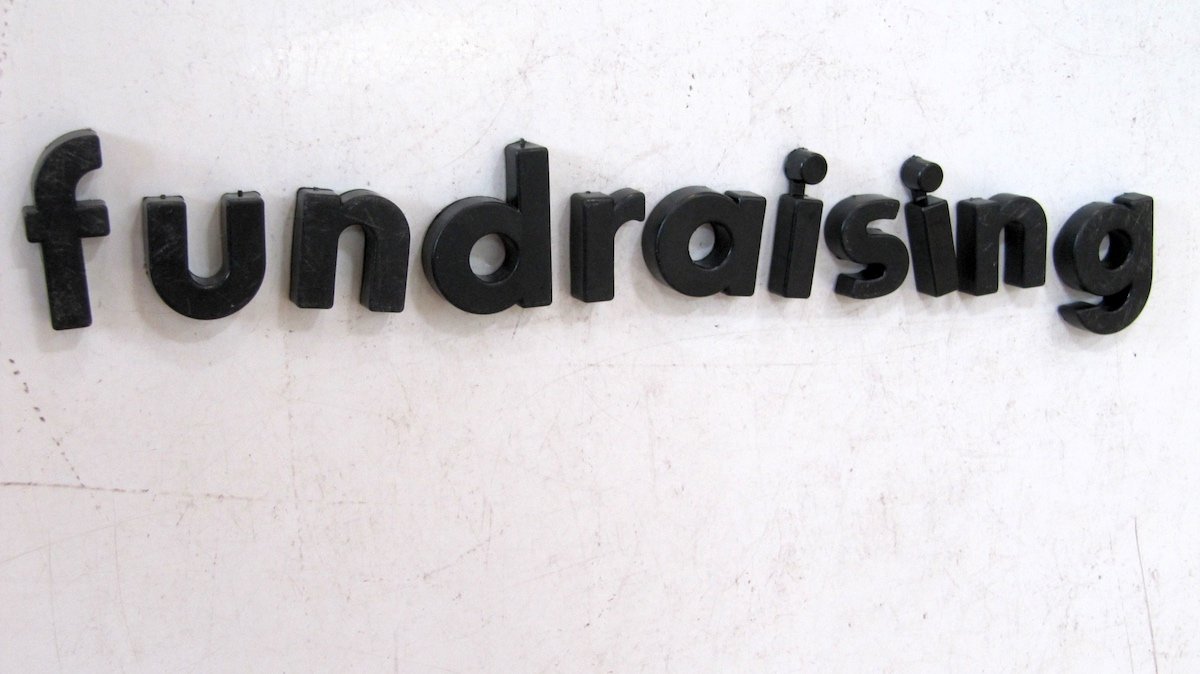Nonprofit fundraisers: this is your moment.
A third of all annual giving takes place in the average December, and it's rare that both need and funds are high. They are now.
Recessions are typically unkind to fundraisers.
Though many may be in need of help, individual donations and foundation endowments shrink. The Great Recession was a particularly painful example. The pandemic recession, though, was (factually) short-lived, and giving surged. It’s rare to have such both need and wealth so high. They are. Overall giving has been up, but the patterns have changed. Your old standbys may be rethinking their support for you now. I don’t need to remind you that nearly a third of all annual giving takes place in the single month of December.
Amid so much uncertainty, make your asks bolder, and more precise. Ask your donors what their philanthropic priorities are, and where you fall on that list. Ask your funders if they foresee any changes to how they’re making grants. Ask your supporters if they actually want to have in-person events again, or if they’d rather support you virtually. Ask your followers what content they want to see from you.
Playing it by ear and guessing what will work will only get us so far. And my, how far we’ve come. It’s time to go back to doing what we do best. We know that asking for advice is the best way to get a donation, and asking for money is the best way to get advice. So ask lots of questions as you make your plans for 2022 and beyond.
We also know that storytelling works. Not all stories are created equal, however. More and more, donors want to see ethical storytelling. They want to hear about the humans you help, not the stereotypes that often get paraded around for donations. No sad puppies, no starving orphans. Otherwise, nonprofits shouldn’t hire fundraisers to do their fundraising. Highlight your program participants for who they are, and do it in a way that empowers them and makes them feel comfortable sharing about themselves.
I know, I know, sob stories have worked in the past. But the world is changing, and your donor makeup is shifting. Millennials start to turn 40 this year, and they have quite different expectations than Boomers and Gen Xers (you’re not forgotten, Gen X!). Millennials support causes, not organizations. They keep track of you on social media, not through in-person visits. They donate online, not via paper checks.
As many as three-quarters of Millennials call themselves philanthropists. That’s in contrast to just a third of Boomers. Philanthropists are change makers, and they want to see a change as a result of their donations. That means we as fundraisers need to shift the way we think about donors as Millennials age into more wealth.
Now’s a perfect time to really rethink your strategies and refocus on what works. The world is on fire, everything has been turned upside down, and we’re starting to find our footing again. As you’re returning to the office and preparing for 2022, take a minute to stop and think about your fundraising strategies. What should stay? What should go? What needs to change?
Seriously — what do you think? Let me know where you’re at by sending me an email.
